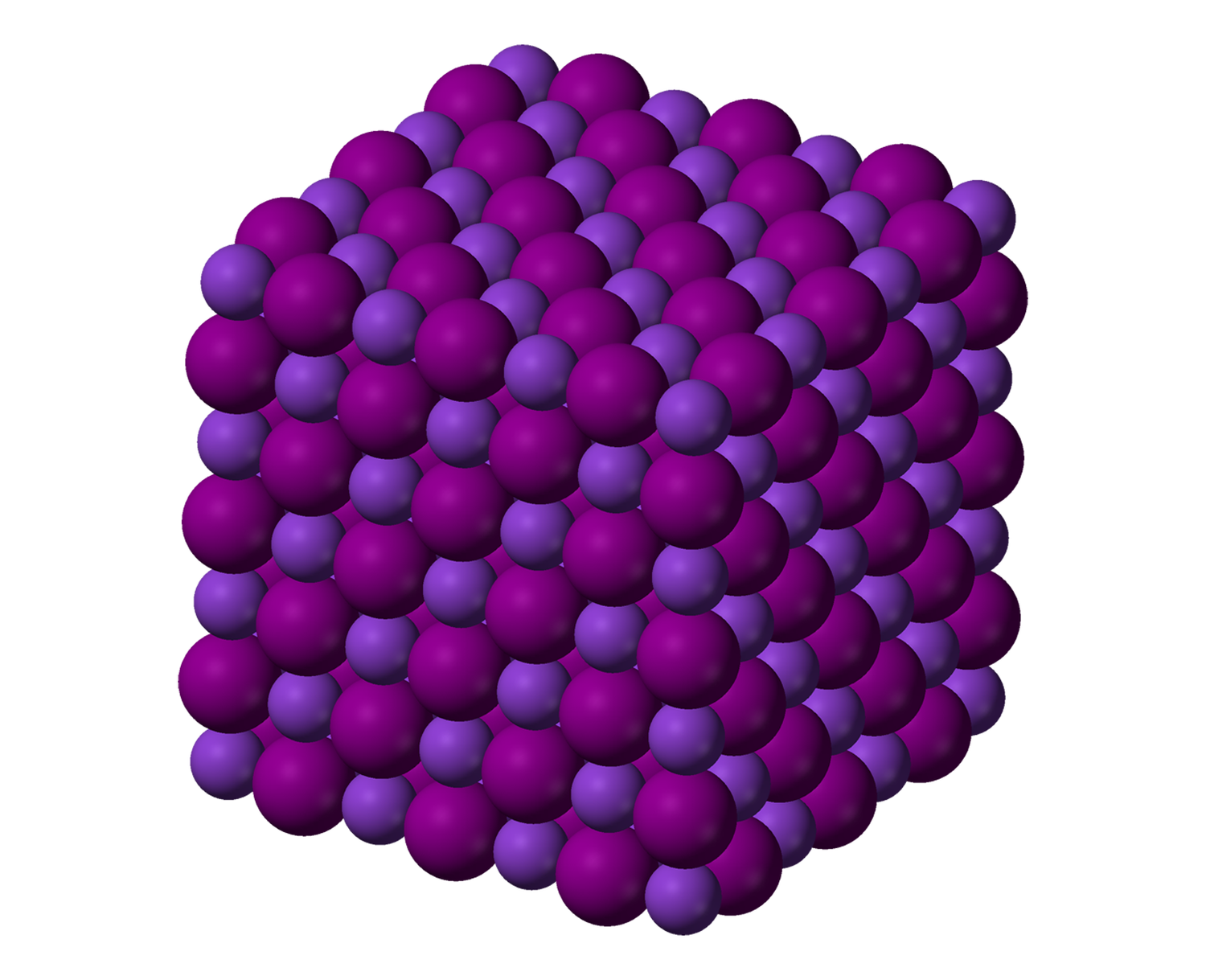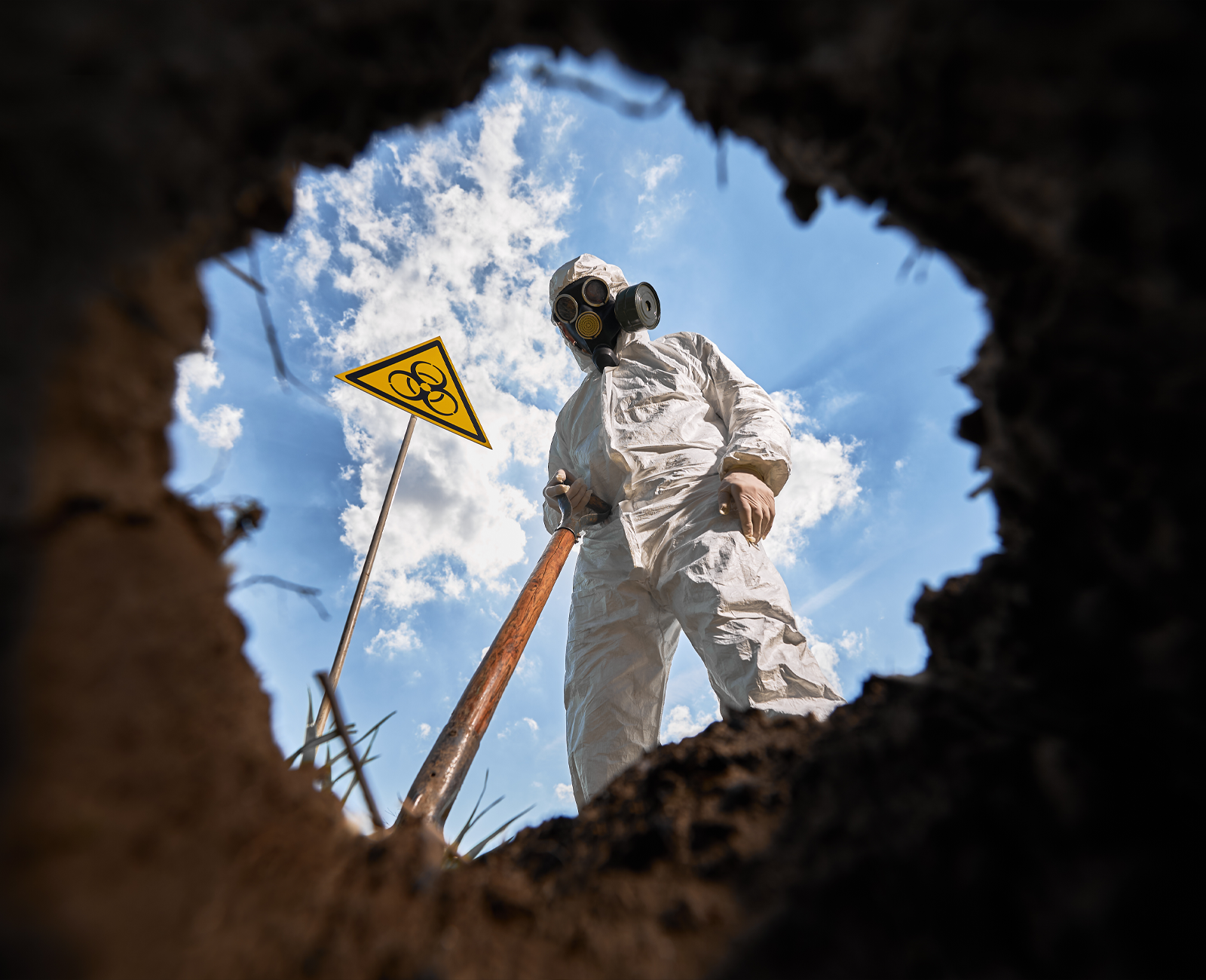Iodine plays a pivotal role in maintaining optimal thyroid health and overall well-being. It is absorbed by the thyroid gland, where it supports the formation of thyroid hormones. These hormones are critical as they have the unique ability to cross cell membranes, influencing the function of virtually all cells in the body. In particular, thyroid hormones promote metabolic function by enhancing mitochondrial activity and enzyme synthesis, with significant effects in tissues and organs such as muscles and the liver. Understanding this process helps in appreciating how potassium iodide, when administered during a radiation emergency, can safeguard thyroid health and by extension, overall metabolic function.
Role of Iodine in Thyroid Function
The thyroid gland uses iodine from the bloodstream to produce thyroid hormones, primarily thyroxine (T4) and triiodothyronine (T3). These hormones are vital for regulating metabolism throughout the body. They enhance mitochondrial activity, which is crucial for energy production in cells, and they also stimulate the synthesis of enzymes necessary for various biochemical reactions. The overall effect includes increased metabolic rate, more efficient protein synthesis, and improved breakdown of fats and carbohydrates.
Potassium Iodide's Protective Mechanism
In the event of a nuclear accident or other radiation emergencies, radioactive iodine can be released into the environment. When inhaled or ingested, this radioactive iodine can be absorbed by the thyroid gland, leading to potential thyroid damage and increased risk of thyroid cancer. This is where potassium iodide (KI) steps in as a protective agent. KI contains stable, non-radioactive iodine. When taken promptly after radiation exposure, KI saturates the thyroid gland with stable iodine, preventing the absorption of radioactive iodine. This process is known as thyroid blocking, and it is highly effective when KI is administered within a few hours post-exposure.
The effectiveness of potassium iodide in preventing the uptake of radioactive iodine and reducing the risk of thyroid cancer is well-documented in scientific literature and endorsed by health organizations worldwide, including the World Health Organization (WHO) and the Centers for Disease Control and Prevention (CDC). These agencies recommend the use of KI as an effective preventive measure in radiation emergencies (source: WHO Guidelines, CDC on KI).
Conclusion
Potassium iodide is a critical emergency response tool for protecting the thyroid gland from radioactive iodine exposure during nuclear or radiological events. Its ability to effectively block the uptake of radioactive iodine helps safeguard an essential endocrine organ that plays a pivotal role in metabolism, growth, and overall health. The simple yet profound mechanism of action of potassium iodide underscores the importance of timely administration following exposure to radiation, emphasizing the need for preparedness and awareness in potential radiation emergency scenarios. Being equipped with KI and understanding when and how to use it can make a significant difference in minimizing the health impacts of radiation exposure.



Leave a comment
This site is protected by hCaptcha and the hCaptcha Privacy Policy and Terms of Service apply.